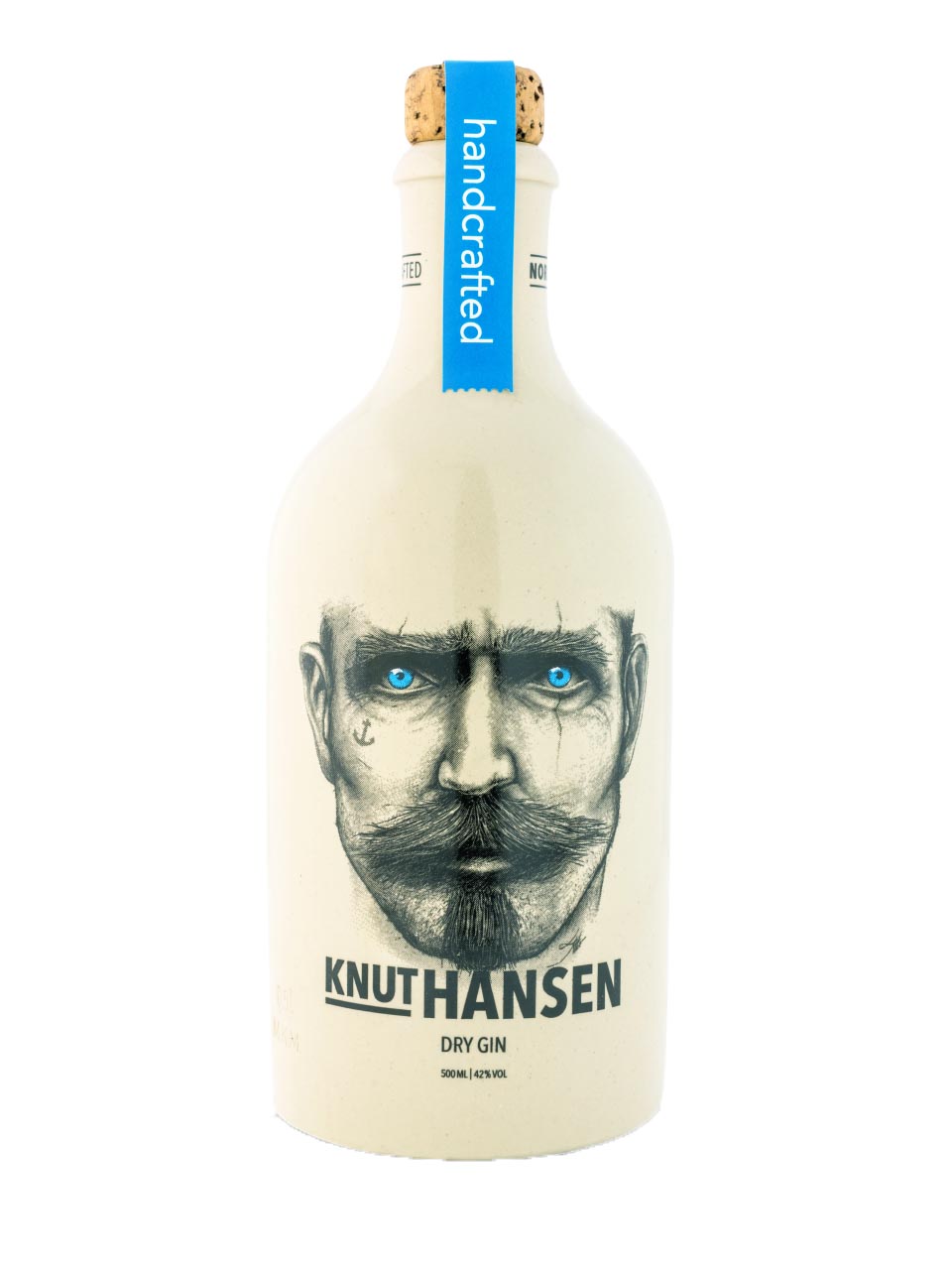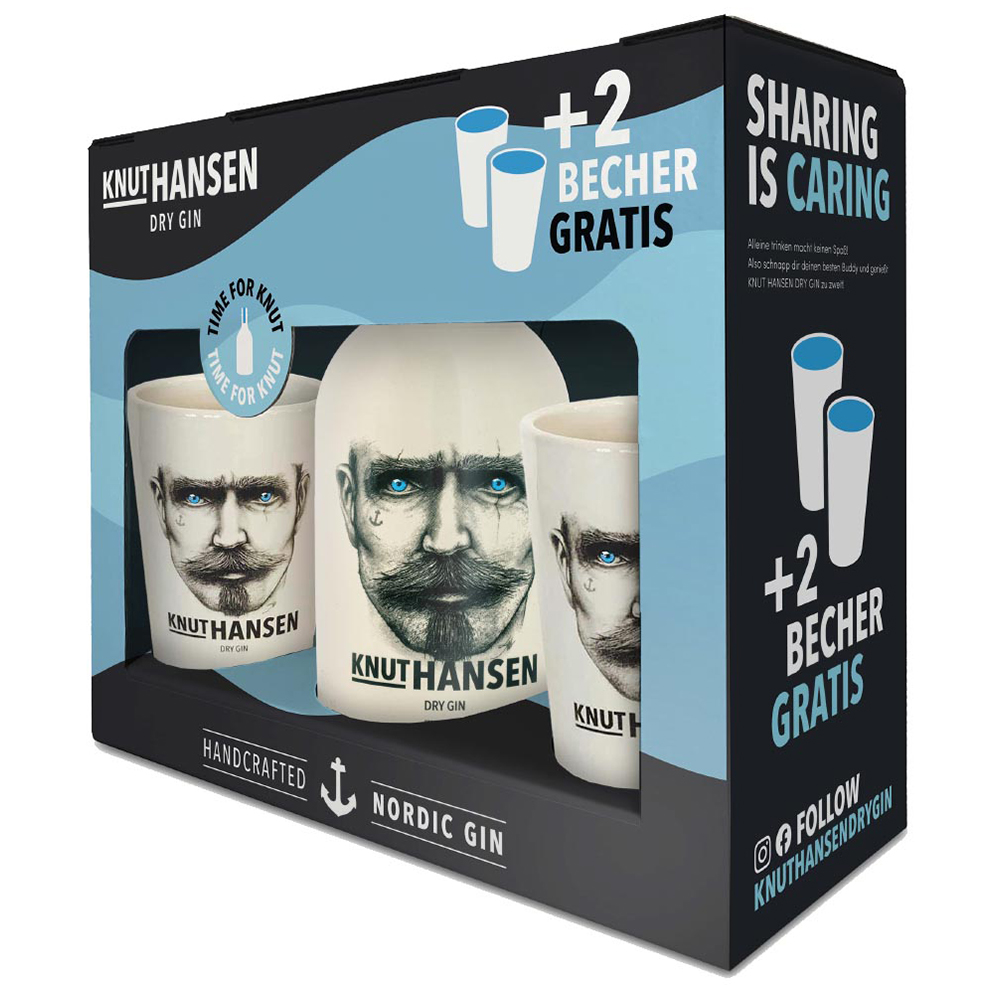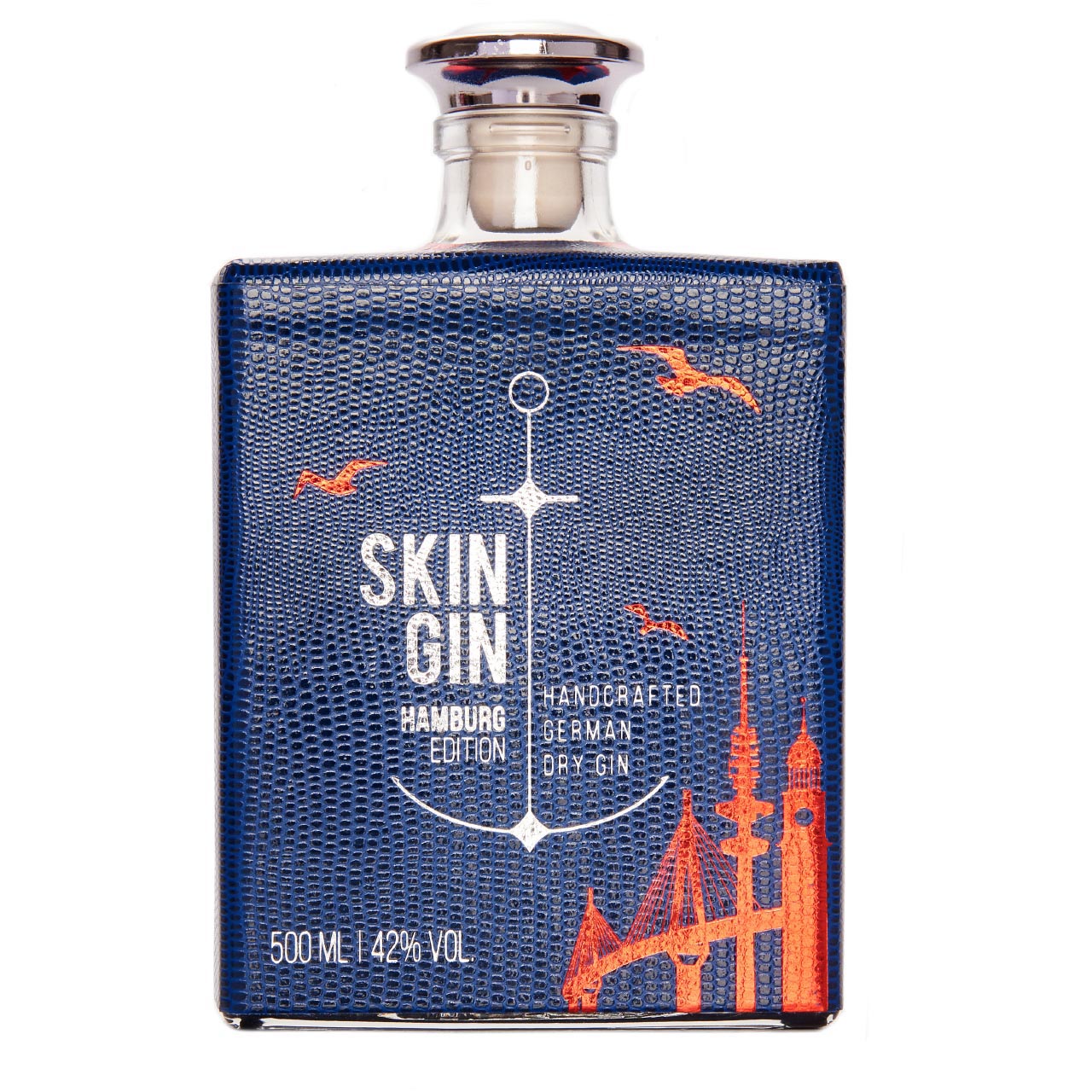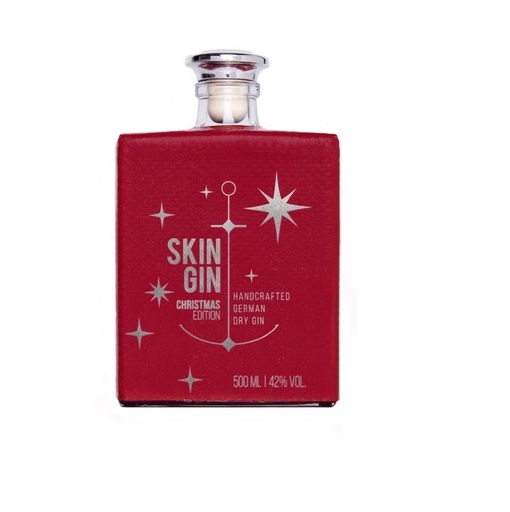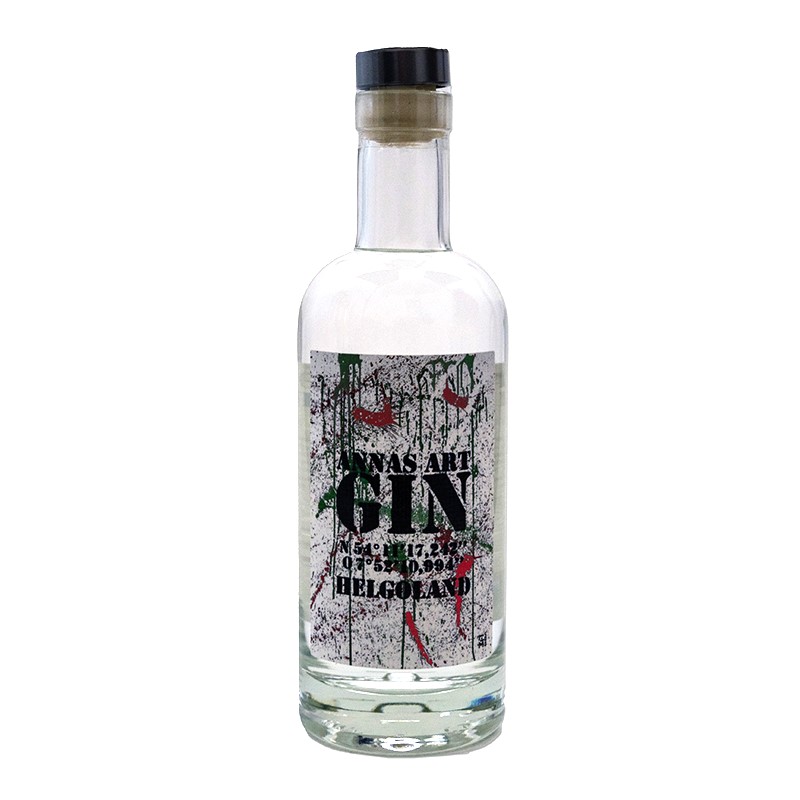German Gin
Discover the world of German gin - from classic to innovative varieties. read more
26 Products
Average rating of 5 out of 5 stars
0.7 Liter (€40.64* / 1 Liter)
incl. VAT plus shippingAverage rating of 5 out of 5 stars
0.5 Liter (€51.00* / 1 Liter)
incl. VAT plus shippingAverage rating of 5 out of 5 stars
0.5 Liter (€65.90* / 1 Liter)
incl. VAT plus shippingAverage rating of 5 out of 5 stars
0.5 Liter (€59.90* / 1 Liter)
incl. VAT plus shipping0.5 Liter (€69.00* / 1 Liter)
incl. VAT plus shipping0.7 Liter (€55.64* / 1 Liter)
incl. VAT plus shipping0.5 Liter (€47.80* / 1 Liter)
incl. VAT plus shipping0.5 Liter (€65.90* / 1 Liter)
incl. VAT plus shippingAverage rating of 5 out of 5 stars
0.5 Liter (€85.00* / 1 Liter)
incl. VAT plus shipping0.5 Liter (€57.90* / 1 Liter)
incl. VAT plus shipping0.5 Liter (€32.50* / 1 Liter)
incl. VAT plus shipping0.7 Liter (€85.70* / 1 Liter)
incl. VAT plus shipping0.7 Liter (€40.71* / 1 Liter)
incl. VAT plus shippingAverage rating of 5 out of 5 stars
0.5 Liter (€59.80* / 1 Liter)
incl. VAT plus shippingAverage rating of 5 out of 5 stars
0.7 Liter (€39.86* / 1 Liter)
incl. VAT plus shipping0.7 Liter (€55.00* / 1 Liter)
incl. VAT plus shipping0.5 Liter (€49.80* / 1 Liter)
incl. VAT plus shipping0.2 Liter (€59.75* / 1 Liter)
incl. VAT plus shipping0.5 Liter (€119.90* / 1 Liter)
incl. VAT plus shipping0.35 Liter (€47.86* / 1 Liter)
incl. VAT plus shippingAverage rating of 5 out of 5 stars
4.5 Liter (€66.66* / 1 Liter)
incl. VAT plus shippingGerman Gin: Unique Flavors and Top-Quality Craftsmanship
Gin is no longer just a British phenomenon. In recent years, German gin has secured a solid place in the world of spirits. With a wide range of flavors, carefully selected botanicals, and impressive artisanal quality, German gin offers an exciting alternative for enthusiasts and connoisseurs alike. On this page, discover the diversity and uniqueness of German gin and learn why this spirit is so special.
History and Development of German Gin
The history of German gin is relatively young but nonetheless remarkable. While gin is traditionally associated with England and the Netherlands, Germany has found its own path into the gin world over the past two decades. German distilleries began experimenting with regional botanicals and innovative recipes, leading to a unique variety of flavors. From classic juniper notes to exotic herbal blends – German gin has something to offer for every palate.
Unique Botanicals and Regional Influences
A standout feature of German gin is the botanicals used. These plant-based ingredients give gin its characteristic taste and aroma. German gin producers place great emphasis on selecting high-quality and often regional botanicals. Popular ingredients include:
- Juniper: The base ingredient of any gin.
- Coriander seeds: For a spicy note.
- Lavender: Adds a floral component.
- Angelica root: Provides depth and earthiness.
- Citrus peels: For a fresh, fruity note.
By using local ingredients and the creativity of distillers, distinctive gin varieties are created that reflect the German landscape and culture.
Production and Craftsmanship
The production of German gin often takes place in small batches in artisanal distilleries. This approach allows producers to carefully monitor the entire process and ensure the highest quality standards. Many German gins are distilled in traditional copper stills, resulting in a particularly pure and aromatic distillate. Additionally, German gin makers enjoy experimenting with various distillation methods and infusion techniques to create complex and layered flavor profiles.
Diverse Flavor Profiles
The flavor diversity of German gin is impressive. From classic London Dry Gins to fruity to floral New Western – there is a German gin to suit every taste. This variety makes German gin an ideal choice for cocktails, long drinks, or pure enjoyment. Whether you prefer a refreshing gin and tonic, an aromatic martini, or a creative cocktail, German gin provides the perfect base.
Sustainability and Innovation
Many German gin producers are committed to sustainability and environmentally friendly production methods. This includes growing organic botanicals, using recyclable packaging, and implementing energy-efficient production processes. These sustainable approaches not only help protect the environment but also ensure that the gin is produced responsibly.
Popular Brands and Products
Some of the most well-known German gin brands include:
- Monkey 47: A Black Forest gin with 47 botanicals, known for its complexity and depth.
- Siegfried Rheinland Dry Gin: A multi-award-winning gin with linden blossoms as the main botanical.
- Berliner Brandstifter: It has its very own character thanks to elderflower, mallow blossom, woodruff and fresh cucumber.
- Skin Gin: Fine essences of juniper, mint, lime, lemon, grapefruit, orange and coriander.
These and many other brands showcase the diversity and quality of German gin, making it a sought-after product on the international market.
Frequently Asked Questions (FAQs)
What is German gin?
German gin is a spirit produced in Germany, known for its use of high-quality regional botanicals and artisanal distillation methods.
What botanicals are commonly used in German gin?
Commonly used botanicals include juniper, coriander seeds, lavender, angelica root, and citrus peels.
How does German gin differ from British gin?
German gin is characterized by the use of local and often unusual botanicals, as well as innovative production methods, leading to unique flavor profiles.
How is German gin made?
German gin is often produced in small batches in artisanal distilleries, using traditional copper stills and various infusion techniques.
Can you drink German gin neat?
Yes, German gin can be enjoyed neat, especially if it is of high quality. Many enthusiasts appreciate the complex aromas that unfold when enjoyed pure.
What cocktails can be made with German gin?
Popular cocktails include gin and tonic, martini, negroni, and various creative mixed drinks that highlight the unique flavors of German gin.
Is German gin sustainable?
Many German gin producers adopt sustainable production methods, including the cultivation of organic botanicals and the use of eco-friendly packaging.
What is a London Dry Gin?
London Dry Gin is a classic type of gin that is known for its dry and clear taste. The designation does not mean that the gin has to be produced in London. Many German gins also fall into this category.
Is there non-alcoholic German gin?
Yes, there are also non-alcoholic versions of German gin, such as Knut Hansen 0.0 or Siegfried Wonderleaf Gin. Both gins are highly recommended and wonderful alternatives.



